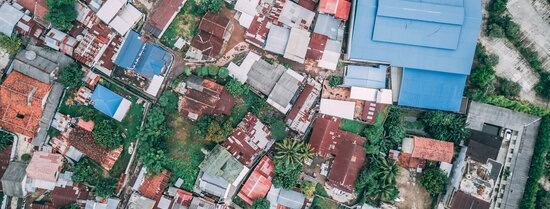Green light has been given to the research team of the Smart & Frugal Cities project which focuses on the role of frugality in building community resilience during the COVID-19 pandemic in two different communities in Nairobi, Kenya.
The current situation changed the world as we know it and uncovered the weak points of cities and societies. The COVID-19 pandemic underlines existing urban challenges and is synonymous with the rise of new issues. It is evident that the resilience of cities is of wide significance and needs to be studied more thoroughly.
Frugality, Smartness, and Community Resilience
The Smart & Frugal Cities project is coordinated by Jan Fransen, Senior Expert and Assistant Professor Urban Economic Development and Resilience at IHS. The project points to the importance of explaining the differences in community resilience during COVID-19. It aims to measure the impact of the pandemic on health, safety and livelihoods of community residents.
The study investigates how historical processes bring about different levels of community resilience in the four Mtaa’s (neighborhoods) located in two informal settlements in Nairobi. Little is known about how and under what conditions evolutionary processes activate resilience in resource-constrained informal settlements. In view of the fact that communities are not just passive beneficiaries of government interventions, this study draws attention to the practices and opportunities for community empowerment in times of crisis. In this regard, explaining community resilience lay hold of the process of interacting smart and frugal people, technologies and governance.This has resulted in the main research question of the project: 'How do historically situated smart and frugal people, technologies and modes of governance explain differences in community resilience in Nairobi’s informal settlements during Covid-19?'. There are five subquestions to the main research question:
- What is the level of community resilience in the four neighborhoods?
- What health, safety and livelihood vulnerabilities of residents were addressed by community resilience initiatives, households and other actors before COVID19?
- What health, safety and livelihood vulnerabilities of residents prompted the emergence of new or adjusted initiatives in times of COVID19?
- How effective were and are the initiatives?
- How does their (lack of) impact relate to historical path-dependent processes of different levels of community resilience in (and between) the two settlements?
More details about this project
The project is executed by the consortium consisting of the Centre for Frugal Innovation in Africa, Ghetto Foundation, Vital Cities and Citizens and IHS.
- More information

